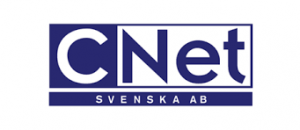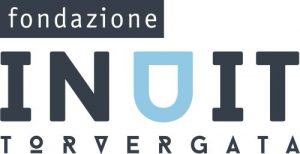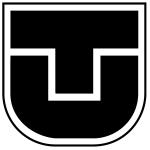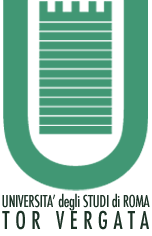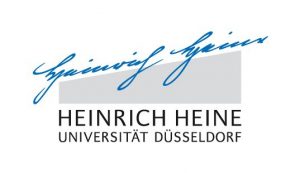The PICASO Consortium represents a strong multidisciplinary partnership of clinical, technological, societal, academic and business expertise.
It unites nine organisations from seven different countries stressing the importance of developing results with a wide European applicability.
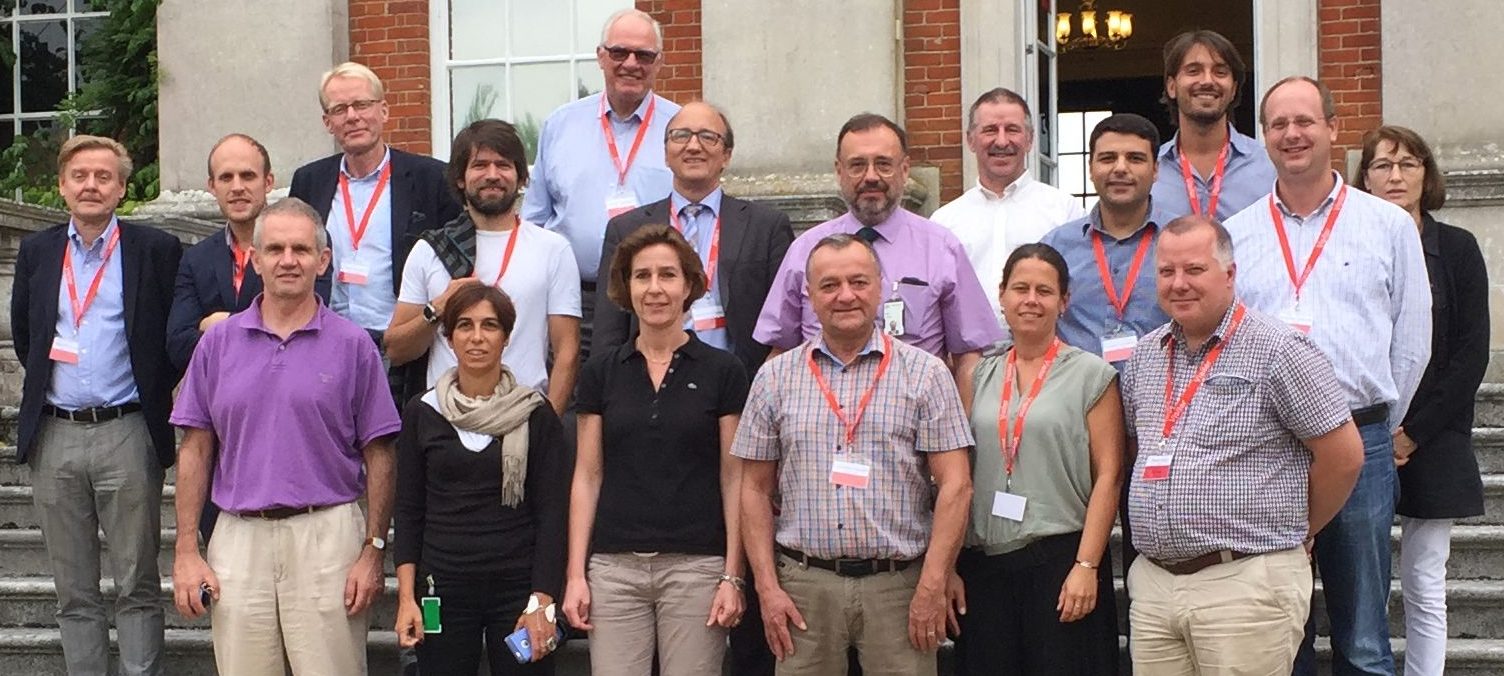
Fraunhofer Institute for Applied Technology
The Fraunhofer-Gesellschaft zur Förderung der angewandten Forschung e.V. is a link between science and industry, between research and the application of its results. It was founded in Munich in 1949 as a non-profit registered association. The organisation takes its name from Joseph von Fraunhofer (1787—1826), the successful Munich researcher, inventor and entrepreneur. The Fraunhofer-Gesellschaft is an autonomous organization with a decentralised organisational structure, which currently maintains 66 institutes and research units in locations throughout Germany and other countries. The majority of its nearly 24,000 employees are qualified scientists and engineers. Its current annual research budget totals €2 billion, from which €1.7 billion is generated through contract research with industry and from publicly financed research projects, being the leading organisation of institutes of applied research and development in Europe.
The Fraunhofer-Institut für Angewandte Informationstechnik FIT (Fraunhofer Institute for Applied Information Technology FIT) helps to shape the future with novel, user-oriented products. Fraunhofer FIT has a staff of about 150 researchers from Computer Science, Engineering, Social Sciences, Psychology, Business Administration and Economics. They work in interdisciplinary teams and combine insights from computer science and engineering with input from other fields. Our specific strength is a comprehensive user-centred system design process, from test and validation of concepts to the handover of sustainable and performant systems. Fraunhofer FIT participates in the PICASO project through its Web Compliance Center, which focuses its research and innovation efforts in the areas of Semantic Web, Mobile Web, Web of Things, data analytics, usability, accessibility, compliance and quality assurance of information and communication technologies, multimodal interfaces, user/device modelling, health-related systems and biofeedback sensors. The center is also known for its success in bringing research results to the market, as demonstrated with the imergo® Web Compliance Suite.
Apart from the project management, Fraunhofer FIT will be mainly responsible for the Domain Driven Requirements Engineering process and the architecture development of the platform, together with some other software components and tools.
IBM Hursley, UK
IBM – International Business Machines Corporation provides information technology products and services worldwide. In PICASO, IBM is mainly responsible for the system integration of Private and Public Clouds and for the migration of the solutions to the two PICASO trials. IBM will also use its vast business intelligence to lead the work on market analysis and business planning.
IBM offers technology, business and software services on a global scale. The Global Technology Services segment provides IT infrastructure and business process services, such as outsourcing, processing, integrated technology, cloud and technology support. Its Global Business Services segment offers consulting and systems integration services for strategy and transformation, application innovation services, enterprise applications, and smarter analytics as well as application management, maintenance, and support services. And the company’s Software segment provides middleware and operating systems software, including WebSphere software to integrate and manage business processes as well as information management software that enables clients to integrate, manage and analyse data from various sources.
IBM is represented by IBM Hursley – Application Management Services, one of the 12 research and development laboratories that IBM has worldwide. The facility in Hursley also hosts the IBM Client Centre, which offers potential clients a secure environment where they can test company software and work with staff experts on best practices, proof of concept, and proof of technology.
IBM leads work package 7: Private Cloud Care Management Systems and Tool.
CNet Svenska AB
CNet is a leading-edge software house specialising in development platforms and middleware for Internet of Things applications. In PICASO, CNET is the technical manager, leading the design and development of the central PICASO platform as well as the activities on the Body Area Network and the Patient Private Cloud.
From its headquarters in Stockholm, Sweden, CNET develops innovative products and solutions in emerging domains such as health and energy with broad international activity and is known for the delivery of crosscutting edge technologies for content and knowledge management in networked embedded environments.
CNet leads work package 4: Private Patient Cloud with IoT Resource Management.
In-JeT ApS
In-JeT ApS is a renowned research and innovation company in the field of technology development and marketing of intelligent solutions for telehealth and telecare. In PICASO, In-JeT is involved in three main areas: the development of user scenarios and use cases, deriving the end user requirements; Analysis of ethical, gender and policy issues and; the coordination of dissemination and communication activities in the project as well as impact creation.
In-JeT offers solutions for a fully digital environment for citizens’ complete societal needs, with a telemedicine platform as its centrepiece, offering intelligent assisted living, home monitoring and control, easy collection of medical and social data and access to data across sectors. In-JeT integrates new technology development into healthcare and social care ecosystems, analysing ethical and sociological issues relating to health and social monitoring, and identifying, measuring and maximising impact. In this process, In-JeT has pioneered methodological techniques such as scenario thinking for deriving comprehensive user requirements, and value modelling for developing viable business models.
In-JeT leads work packages 3 and 9: Integrated Care Models, Multi-morbidities, Privacy & Evaluation and Impact Creation, Dissemination, Exploitation and Business Planning.
Fondazione Inuit Tor Vergata, Italy
The INUIT Foundation is an officially acknowledged research institute supervised by the Italian Ministry of Education. INUIT’s objective is to promote, develop and coordinate research and development programs, educational initiatives, and cultural activities in the ICT area. In PICASO, INUIT is involved in the access control and security infrastructure for access management to patient data across platforms, leading the work on risk prediction methods and tools as well as the integration of the technologies in the Italian trial.
Currently, INUIT pursues two major lines of research: ICT security and Bioinformatics and translational medicine. The first research area mainly covers digital identity management and access control, cyber security risk management, cooperation in distributed electronic business processes, complex IT networks, and the management and exchange of multimedia data in networks. In the second area, focus is on precision medicine and new approaches to risk prediction including genetic and epigenetic data.
INUIT leads work package: 6 Service Execution, Risk Assessment & Decision Support.
Technical University of Kosice
The Technical University of Kosice (TUK) was established in 1952 and carries out research in a wide range of technical and non-technical fields. In PICASO, TUK will be involved in semantic modelling of for example patient profiles and narratives as well as semantic service orchestration. TUK will also contribute to risk assessment and application development.
TUK is represented by the Faculty of Economics and the Faculty of Electrical Engineering, providing expertise in artificial intelligence such as machine learning, heuristic search, planning, neural networks, data and text mining; knowledge modelling that is mainly ontology-based; and semantic technologies with applications in various domains such as eHealth.
TUK leads work package 5: Privacy Enhanced Integrated Data Management.
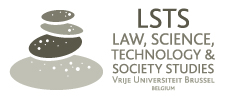

Vrije Universiteit Brussel
The interdisciplinary Research Group on Law Science Technology & Society at the Vrije Universiteit Brussel (VUB) is devoted to analytical, theoretical and prospective research into the relationships between law, science, technology and society. In PICASO, VUB ensures that all development and trial execution are performed to the existing and future EU legislation. Moreover, VUB will advise and participate in formulation of ethical and liability requirements.
While the core expertise of the research group is legal, it also has a strong experience and track record in legal theory, philosophy of sciences and bio-ethics and engages in criminological research as well as science, technology and society (STS) research. The research group has a well-established reputation in research concerning privacy and data protection, profiling technologies, ambient intelligence and ‘autonomic computing’ in a broader sense.
In addition to this, it has in recent years greatly expanded in repertoire in the medico-legal areas such as reimbursement, human rights in the healthcare, the medical device directive and many more. The institute has conducted a wealth of research dealing with the regulation of technology and with the legal and ethical issues relating to the commodification of human body material focusing especially on organ transfer, biobanking and patenting of human body material).
University of Rome “Tor Vergata” Hospital
The Faculty of Medicine at the University of Rome Tor Vergata (UTV) together with the Policlinico Tor Vergata have a team of over 2000, from physicians to biologists and technologists devoted to the study of epidemiological, clinical and experimental aspects of human diseases. The activity in both hospital and university facilities is aimed at developing research, both experimental and clinical, as evidenced by the intense scientific production, especially represented by the number and originality of annually published papers in international journals of high qualification.
In PICASO, UTV coordinates and conducts the integrated care trial at UTV, appropriately addressing the complex Parkinson-CVD and related co-morbidities and the exploration of integrated care models with non-professional carers which is common in Mediterranean countries.
The Department of Biomedicine and Prevention focuses on clinical and empirical research in the areas of personalised medicine, genetic medicine, nanomaterials and diagnostic imaging with dedicated laboratories and research programs.
Heinrich-Heine-University Düsseldorf, University Clinic Düsseldorf
The Policlinic of Rheumatology & Hiller Research Unit at the Heinrich-Heine University Düsseldorf (UDUS) conducts routine patient care and research with focus on inflammatory rheumatic diseases. In PICASO, UDUS carries out and evaluates the German clinical trial, involving patients with rheumatoid arthritis and related comorbidities.
The clinic cares for approximately 2500 in- and outpatients with musculoskeletal and rheumatic diseases per year. Besides highly specialized expertise in treatment of rheumatic and immunologic diseases, exceptional competencies exist on the subject co-morbidities and their prevention, based on established non-interventional cohorts and cross-sectional studies.
The clinic has a longstanding tradition of offering information technology expertise. It was one of the six leading competence centres of the “Competence Network Rheumatic Diseases” funded by the German Federal Ministry of Education and Science. Leadership and collaborations in various health services related projects that focus on optimization of patient care using information technology were conducted with a broad medical informatics knowhow.
UDUS leads the work package 8: Public Cloud Integration, Trials Migration, and Evaluation



